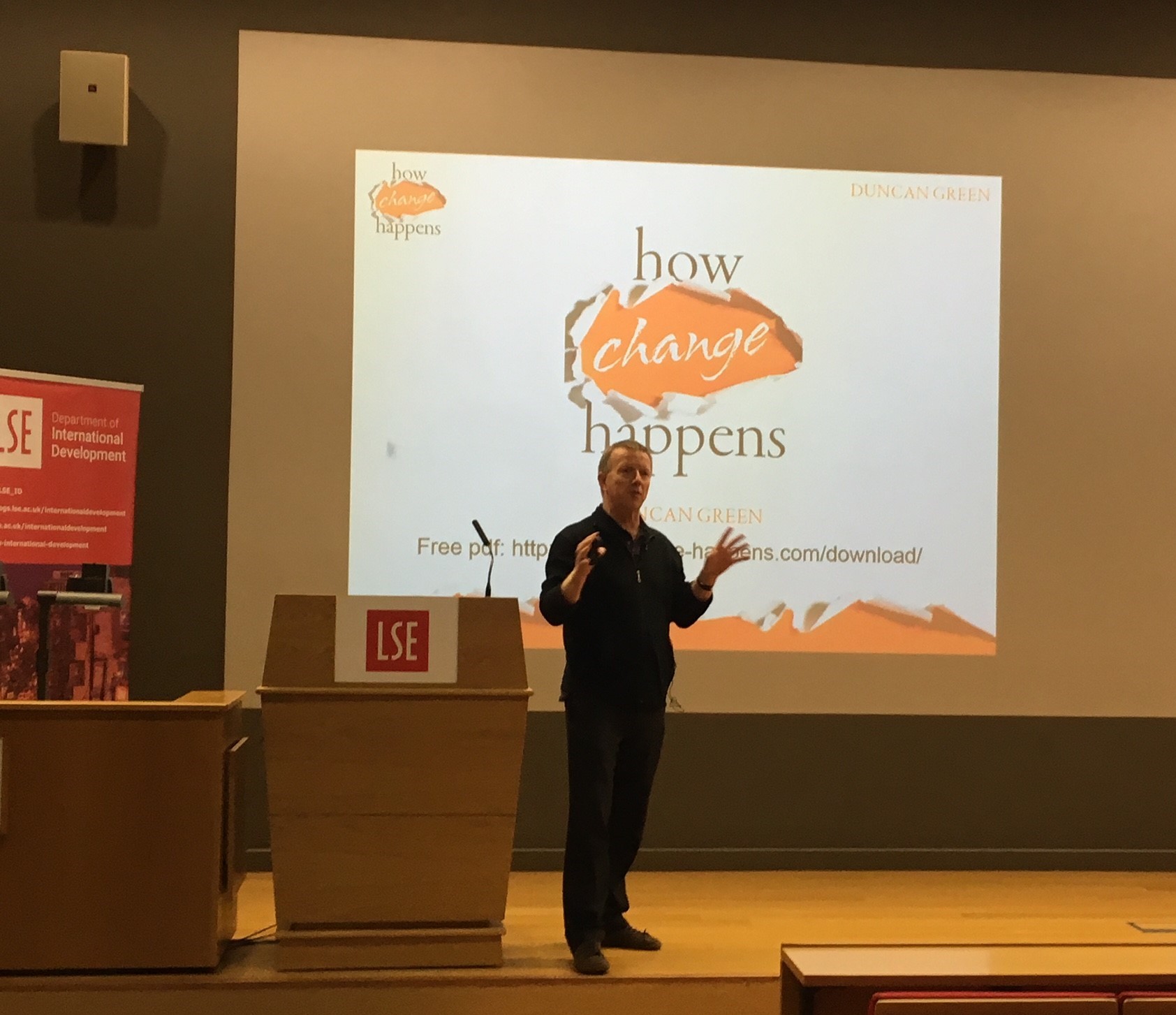Emma and Ross Smith conclude their three part series looking at the Covid-19 pandemic and worker displacement by drawing on lessons from history to help us look forward to the future.
“History may not repeat itself. But it rhymes.” is oft-attributed to Mark Twain. While it’s unclear whether Twain is the original author, the phrase itself is spot on, as we have seen.
We live in a time of COVID-19 that’s unlike any other. I think everyone would agree. Except it’s not. Many aspects of our day-to-day life are quite similar to various plagues, epidemics, and pandemics throughout history. Quarantine and isolation, beak masks, and hygiene are part of our human history.
We can look back to learn lessons for going forward.
Today’s statistics tell a grim story. The US Department of Labor announced on April 9th that more than 6.6 million Americans filed for unemployment benefits this week – unprecedented totals over the last month. Research from the U.S. based Brookings Institute “flags some 36 million jobs that have a “high” susceptibility to automation. (That doesn’t mean they will be automated, just that they could be.)” Erica Groshen, a senior faculty member at Cornell University and a former commissioner of the U.S. Bureau of Labor Statistics, suggests that “The last three recessions were very different from previous post-war recessions in that the share of increase in unemployment to temporary lay-offs was much lower. The jobless recovery phenomenon is a lot about job losses being permanent instead of temporary.”
However, as dire these circumstance look, we can learn from history. COVID-19 is, so far, responsible for about 100,000 deaths around the world. The bubonic plague, or Black Death, killed millions – almost 50% of Europeans – what would be 360 million people in today’s terms.
This is not a piece about who’s virus is more deadly, but to ring the alarm bell that, just as in every previous pandemic, lives change. Automation, machines, and process changes will replace jobs lost to a virus shutdown. Again, as many as 800 million jobs might be disrupted by the end of the decade.
As bad as it may look, we are not powerless and forced to succumb to these changes, destined to be left sidelined by the steamroller that is the global pandemic. No! We can respond the way Newton, Aurelius, Shakespeare and others did – and produce amazing works of our own.
But the most important thing we can do is to survive. If your work is busy, and you face the challenges of balancing the remote learning of school-age children with the remote work of your job, and you don’t have time to develop the law of gravity or invent the telescope – but instead are focused on the latest online movie streaming, that’s OK too. The goal is for all of us to learn from the past and come through this as a better society – as better people more empathetic to those around us. While on quarantine, if you happen to invent the next generation of calculus – or you build a rooftop garden – or finally clean out the shed – all of this is great progress in the midst of devastating global health challenges. If you are able to make it through by playing video games online or binge-watching video series, that’s OK too. What’s important is that you make it through to the other side – and our world becomes a better place.
Thousands of years of human history fought pandemics – and we can too. It’s up to all of us to use this time to better ourselves – individually and as a society – time for us to dream big and make this world a better place for all of us.
As Marcus Aurelius said, “The impediment to action advances action. What stands in the way becomes the way.”
When we think about the future, let’s not be dystopian, let’s be optimists.
Anne Frank captured it, “How lovely to think that no one need wait a moment, we can start now, start slowly changing the world! How lovely that everyone, great and small, can make their contribution toward introducing justice straightaway… And you can always, always give something, even if it is only kindness!”
Emma Smith (@emmyagsmith) is a humanitarian committed to using frontier technologies to tackle today’s greatest social and environmental challenges. Currently the Co-Founder and Chief Operating Officer at Eversend, Africa’s first neobank, Emma has been honored as a Forbes 30 Under 30 and Fellow of the Royal Society of the Arts. She has a BA with Distinction from Duke University and a MSc. from the London School of Economics.
Ross Smith, FRSA (@42projects) is Emma’s Dad; a Fellow of the Royal Society of the Arts; Director of Skype for Good at Microsoft; Author of The Practical Guide to Defect Prevention and holds seven U.S. patents. He is a board member of the Spreeha Foundation and a blogger for the Society for Human Resource Management (SHRM). His academic papers are published on ResearchGate.
The views expressed in this post are those of the author and in no way reflect those of the International Development LSE blog or the London School of Economics and Political Science.






1 Comments